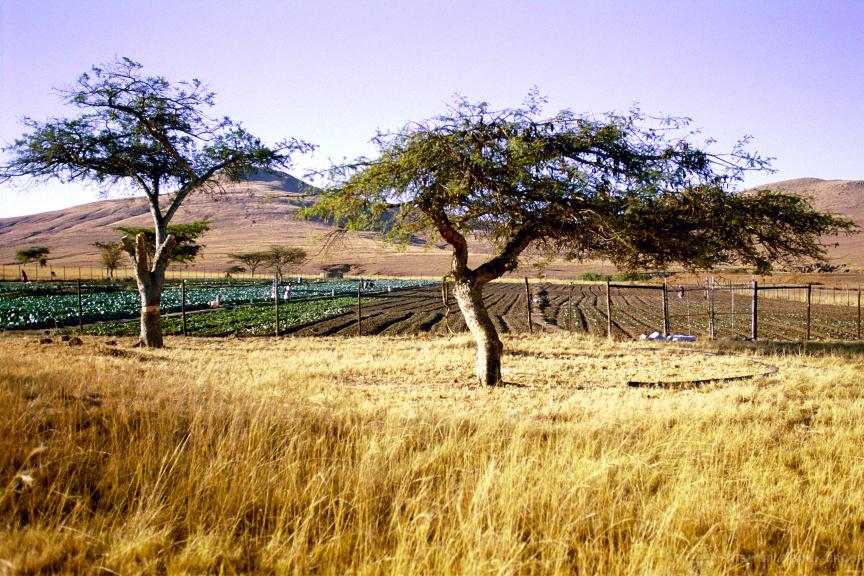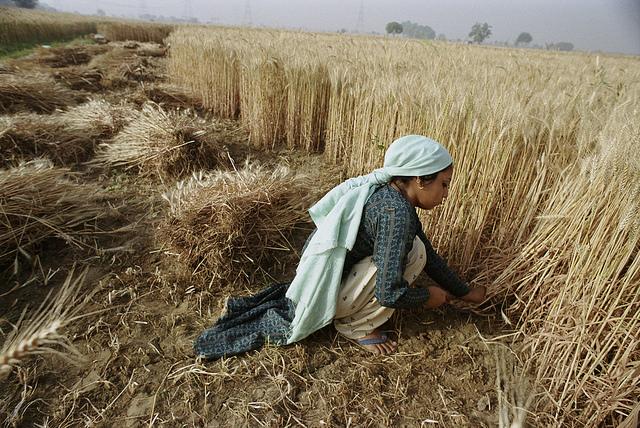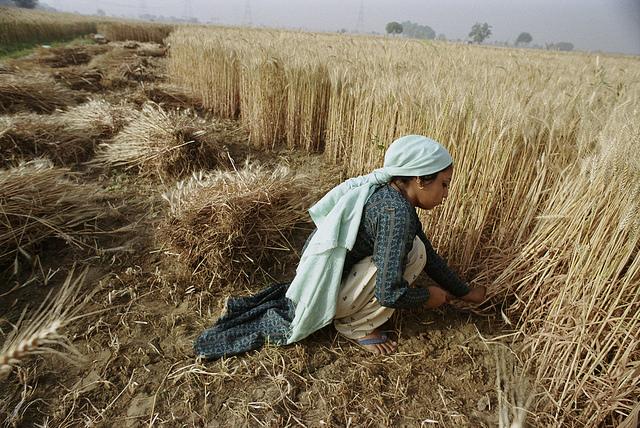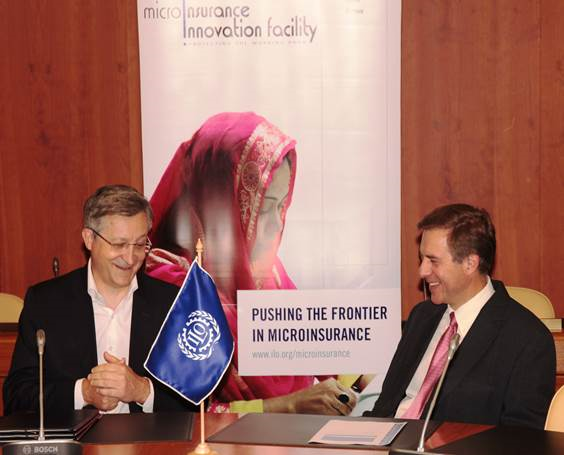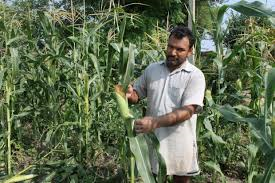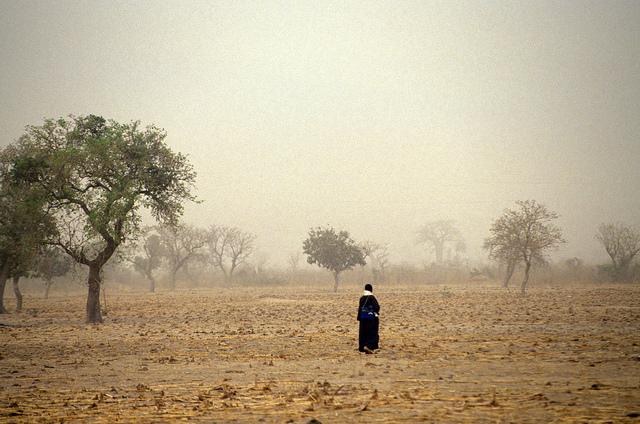
Published on:
For several years, insuring harvests against the climate hazards that regularly destroy farmers’ crops in developing countries has for several years been a major tool in the fight against poverty, mainly in Africa and Asia, where between 400 and 500 million farmers survive on very low incomes. At the Convergences World Forum in Paris on 9 September 2015, Syngenta Foundation for Sustainable Agriculture and GIIF speak about the innovations in index insurance and the success of the Kilimo Salama project in Kenya, Rwanda, Tanzania. Expanded in 2014, the program develops and offers insurance for


